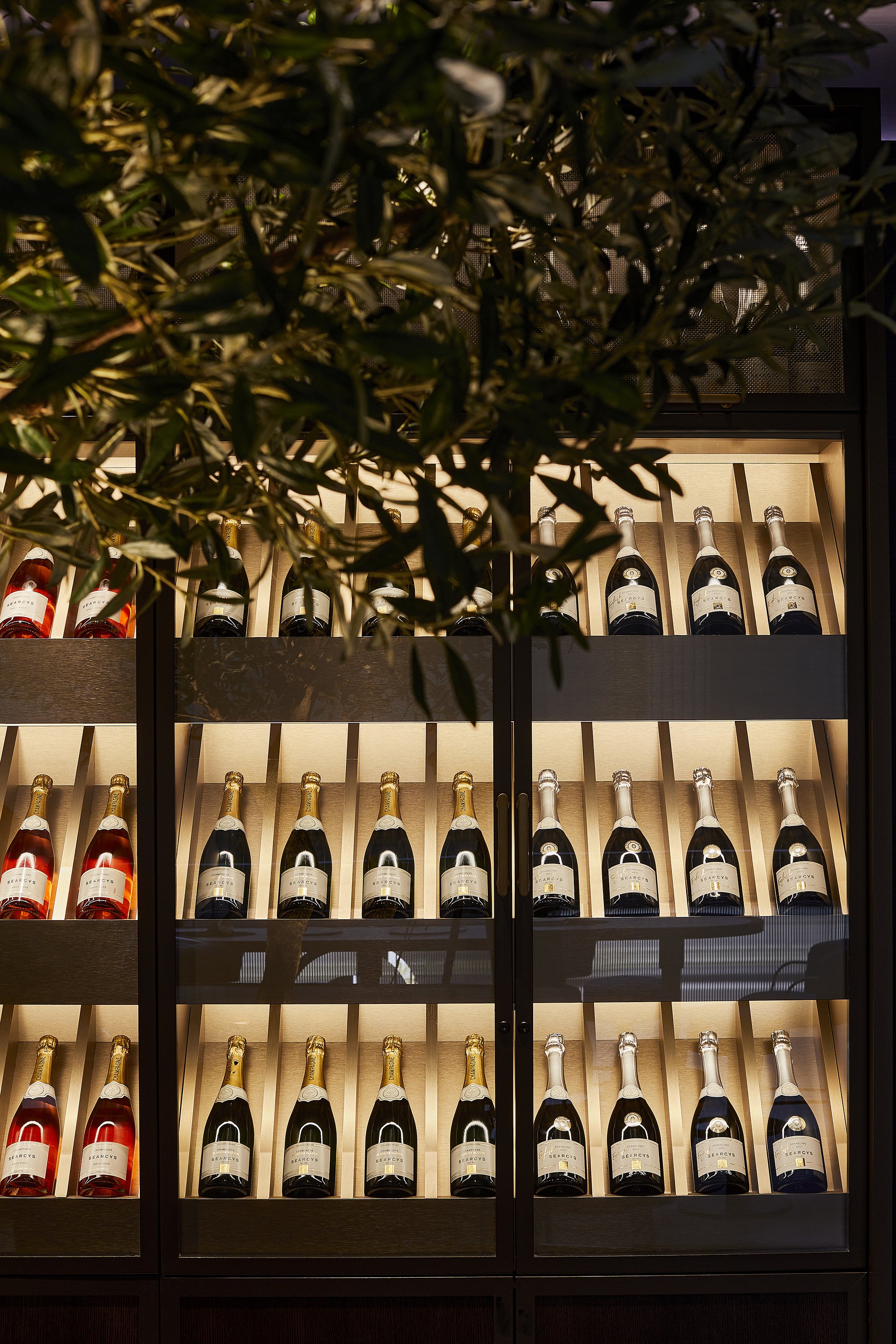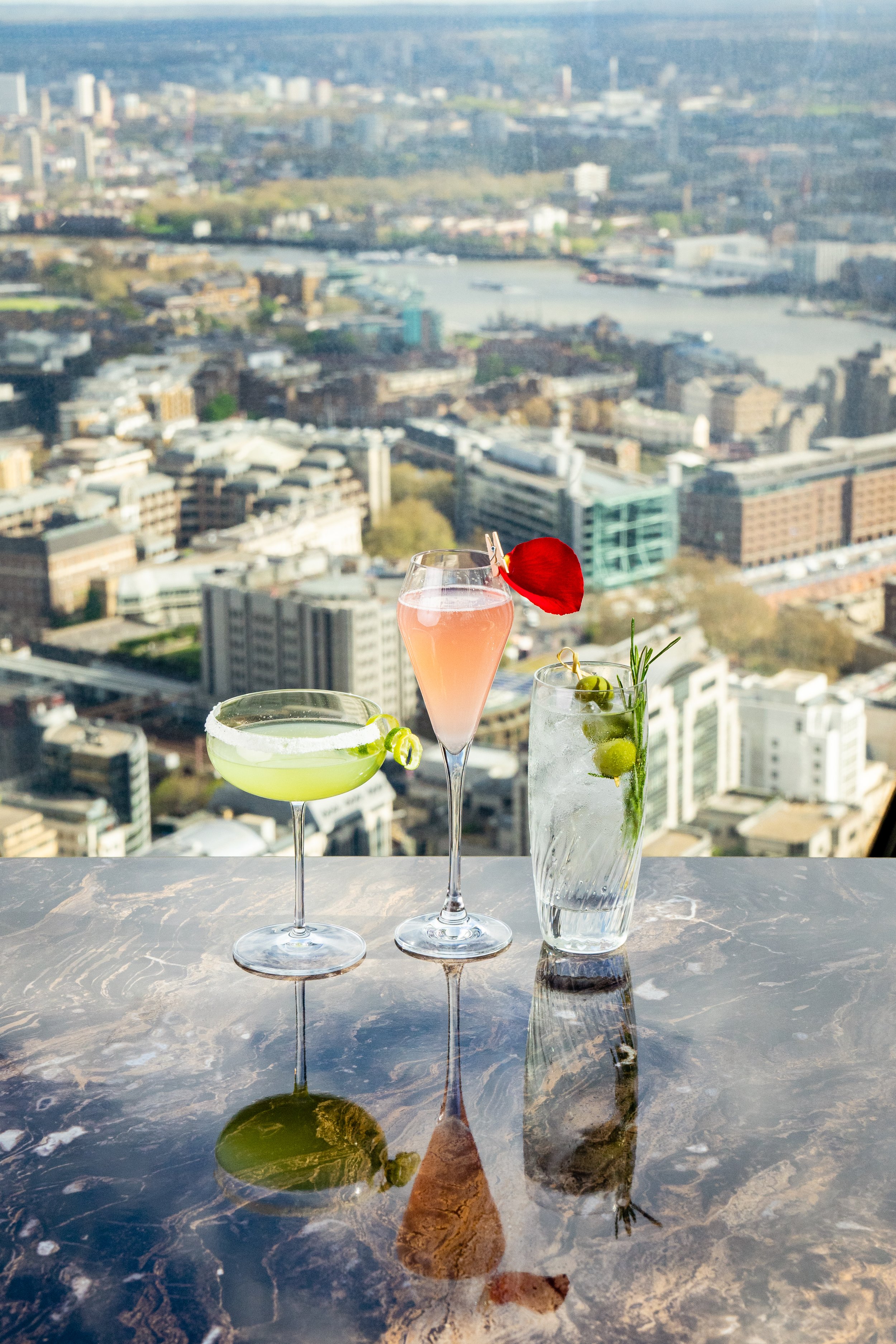How to be a Woman of Champagne
Martin Dibben as the Head of Champagne for Searcys comments on the evolution of Women in Champagne, he says:
“In a month that celebrates International Women’s Day, I have reflected on the Women in the world of champagne. Historically, women would often be involved in the labour-intensive process, but it was the widows in Champagne history who bought a unique perspective to the industry, often focusing on quality, sustainability, and innovation.”
“The most notable was Barbe-Nicole Ponsardin Cliquot, Widowed In 1805 at the age of 27, Her creativity led to many firsts in Champagne: the first known vintage champagne; the invention of the riddling table; the first known blended rosé champagne. Three inventions that revolutionised champagne making and were widely adopted by producers, becoming the basis of modern champagne production.”
“Louise Pommery, widowed at 39 in 1858 created a champagne with a dry flavour profile to court the English market by using the best grapes from the best vineyards, she achieved a Vintage in 1874 known as the first Brut champagne with a dosage of 8 grams. It was Lily Bollinger, who took over the house of Bollinger in 1941 who introduced a new style of champagne to the market, the late disgorged wines which offer a combination of complexity from a long bottle aging and a fresh bright flavour with little oxygenation.”
“Today we have an exciting new generation of Women driving the Champagne Industry in France. Vitalie Taittinger has taken over from her father as President of Champagne Taittinger. We are also seeing Women taking control of the cellars and 18 great houses now have female Chef de Caves.”
“Charline Drappier works with her father to run Drappier, the most sustainable Champagne house. She is part of the group “La Transmission Femmes en Champagne”, which is an association that aims to inspire women of all ages and all walks of life in the Champagne world.”
“In the UK drinks business, there is still a way to go before gender equality is achieved even though 35% of Masters of Wine are women. Women are said to be the best at tasting champagnes as they are more sensitive of the nose and palette so why do we not see more women sommeliers, Champagne House representatives and Champagne buyers.”
“I spoke to Queena Wong, named Connector of the Year in 2023’s CODE Hospitality Women of the Year Awards. She conducted a recent survey of women in the drinks trade and there are on-going issues of harassment and old boy network recruitment. To help women in the trade, she set up Curious Vines – a UK-based supportive community of wine industry women that cultivates connectivity and female visibility via inclusive events, newsletters, and education support programmes. Being well known in the Champagne world she aims to create Champagne tasting opportunities with support from the Houses.”
“Luma Monteiro, the wine buyer from Davys Wine bars was a recent student on the Champagne Academy which is supported by the Grand Marques and sends 16 students each year to champagne for a week’s study in the region. Luma felt this was a unique experience and an opportunity to taste over 100 Cuvées and meet the owners and makers of the wine.”
Applications for 2025 can be made through the Academy website: www.champagneacademy.co.uk. She had found limited opportunities for learning about champagne but recommended the Wine Scholar Guild with their online Master Programme in Champagne. www.winescholarguild.com
Another Academy graduate, Charlotte Gordon, gained a scholarship to study champagne further from “Women of the Vine & Spirits Foundation” and now works for Moët Hennessy. www.wotvsfoundation.org.
“With Champagne being a pillar of Searcys, we provide champagne training to all new front of house team members, which for many is the first time they are introduced to champagne and English Sparkling wine. This education we extend through to our masterclasses at our Champagne Bars where you can taste 5 Cuvée tutored by an Ambassador from the House.”
“Our aim is to support young women in the hospitality industry to create further great women of Champagne.”


